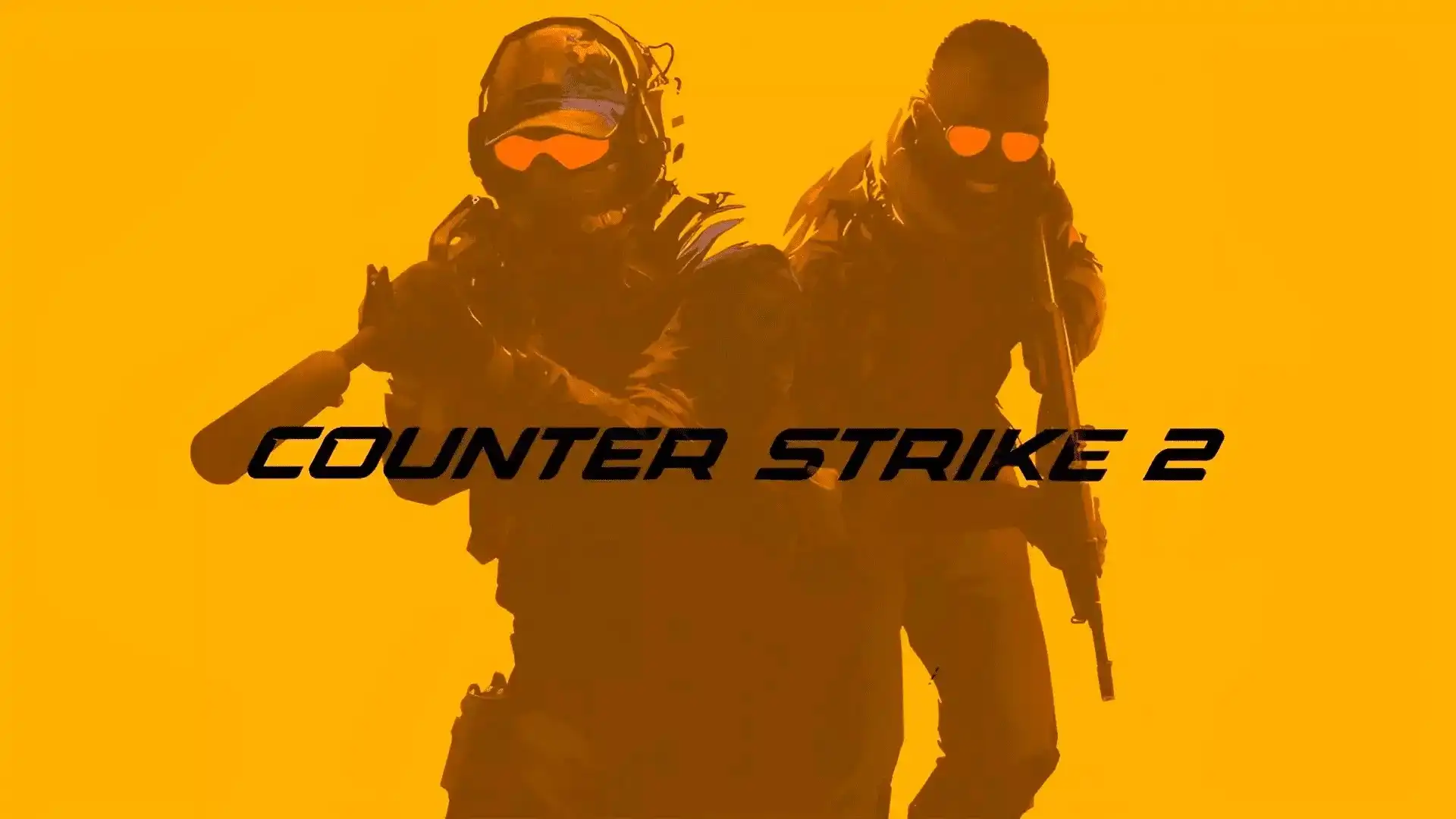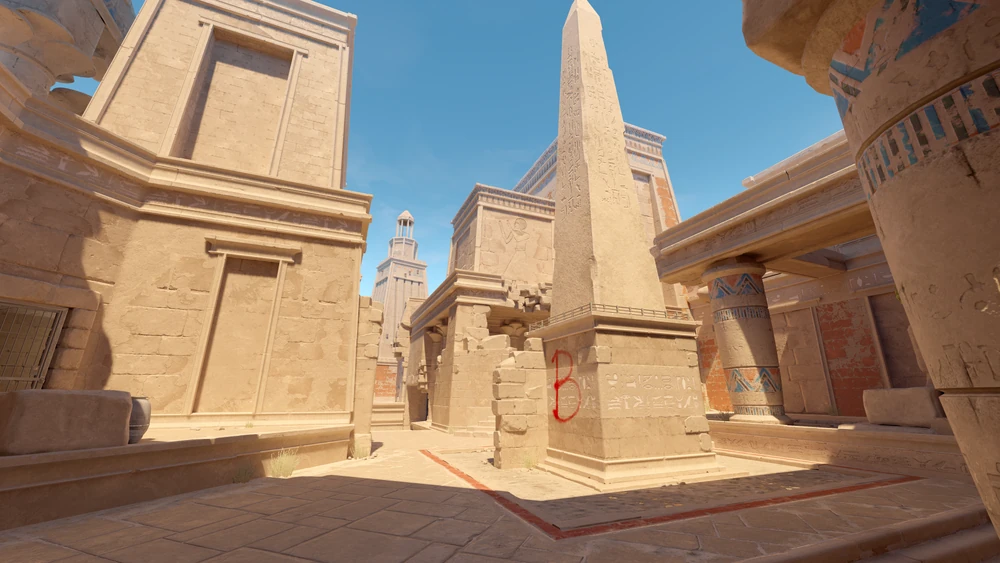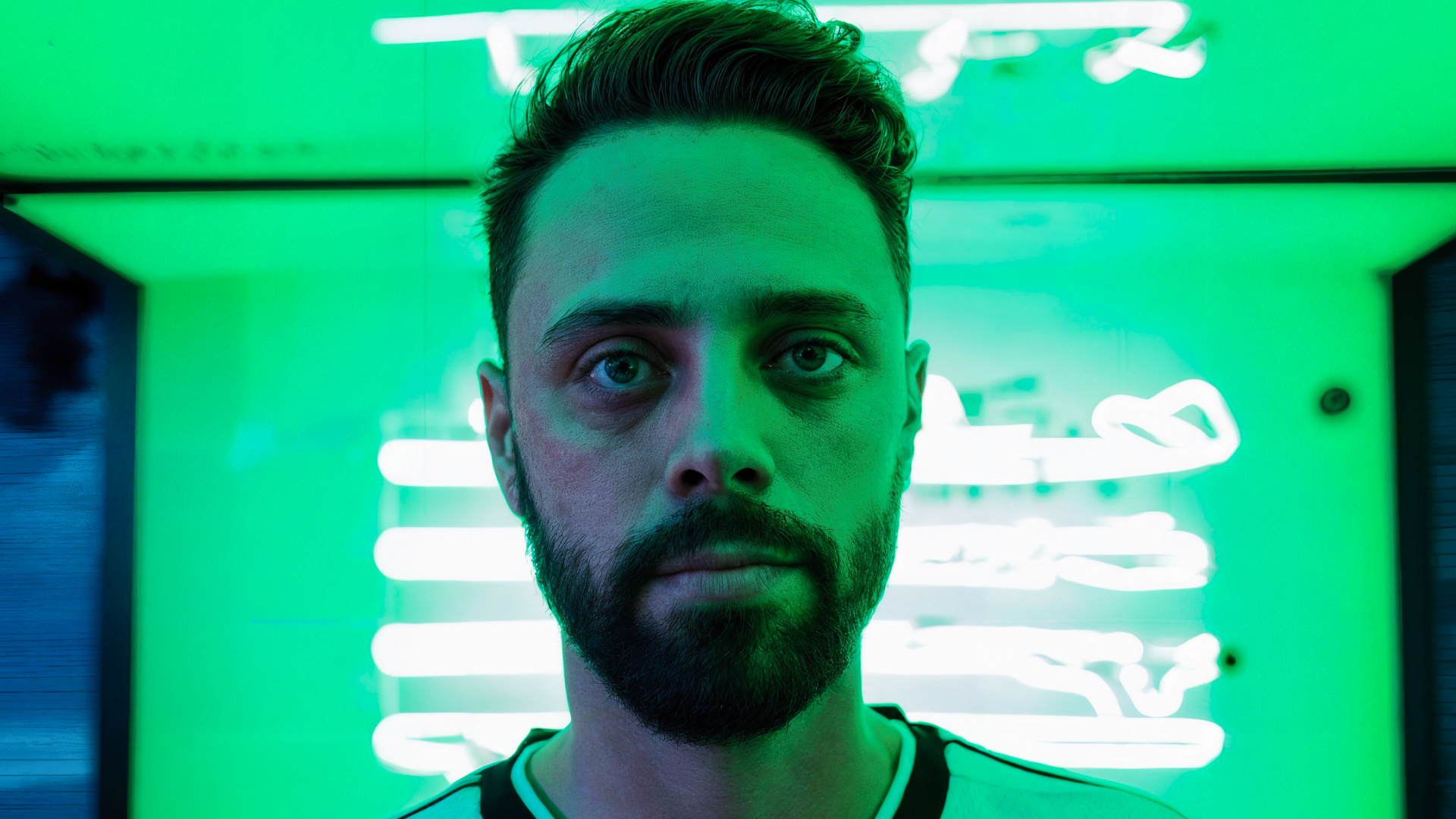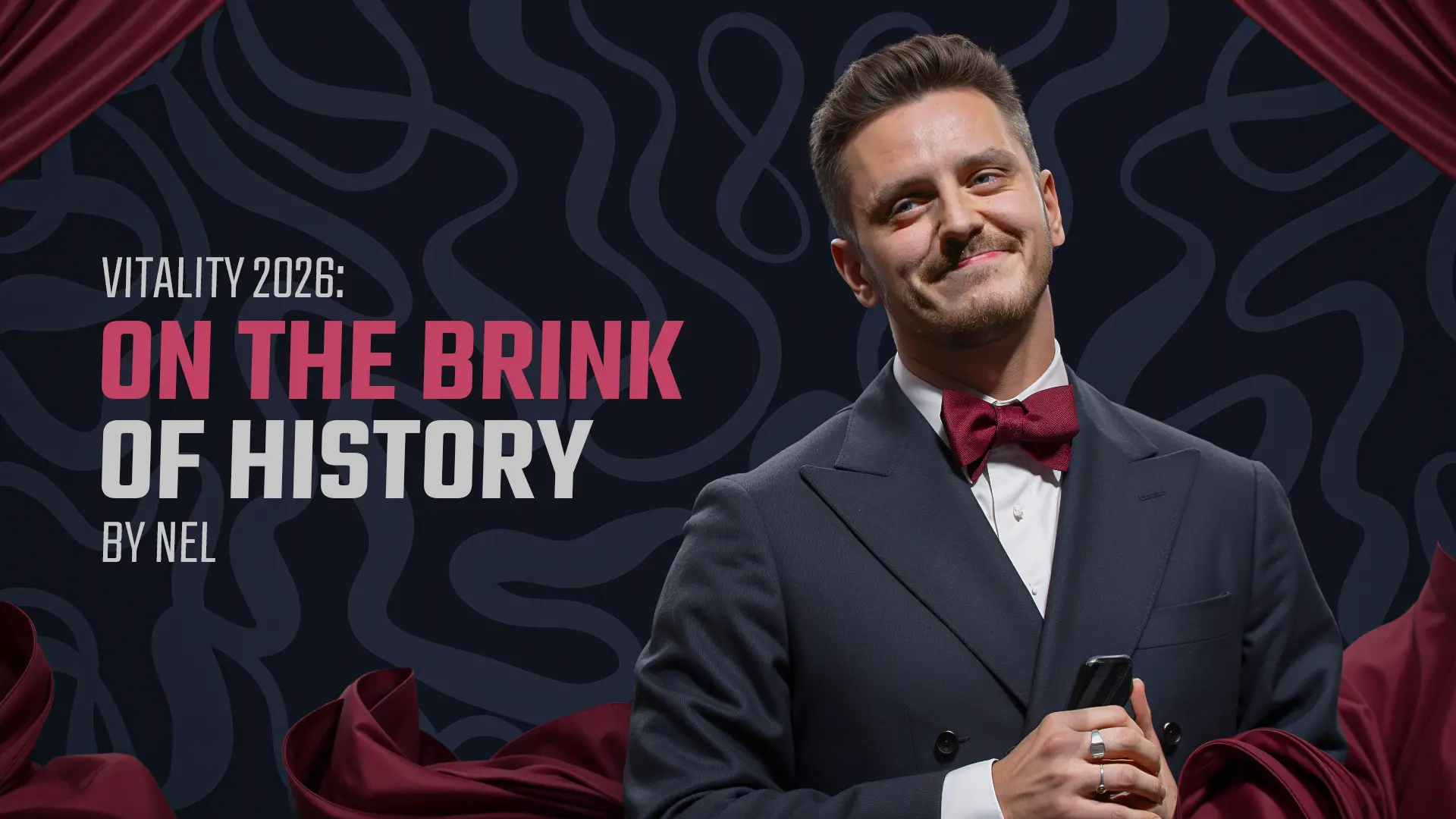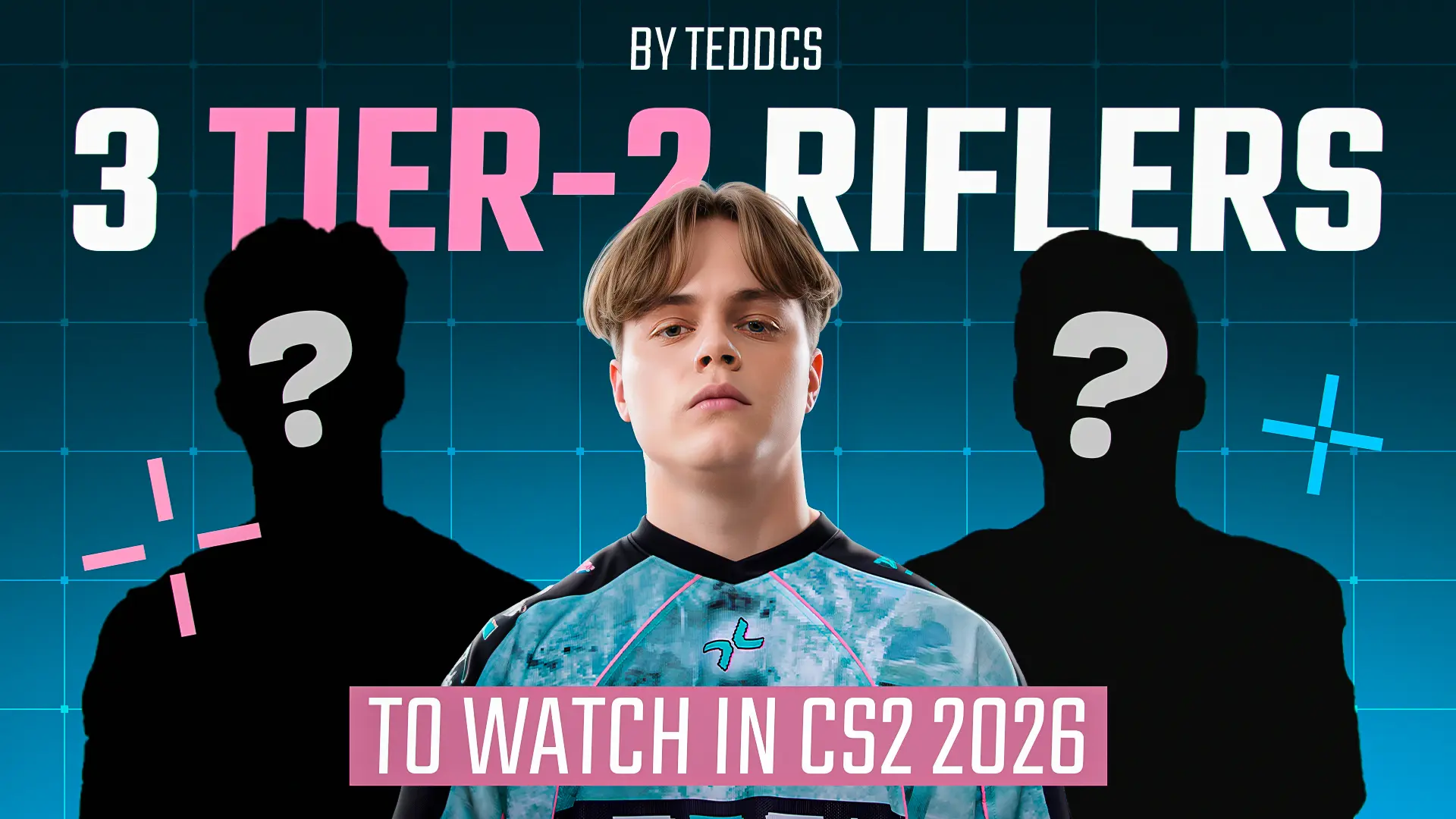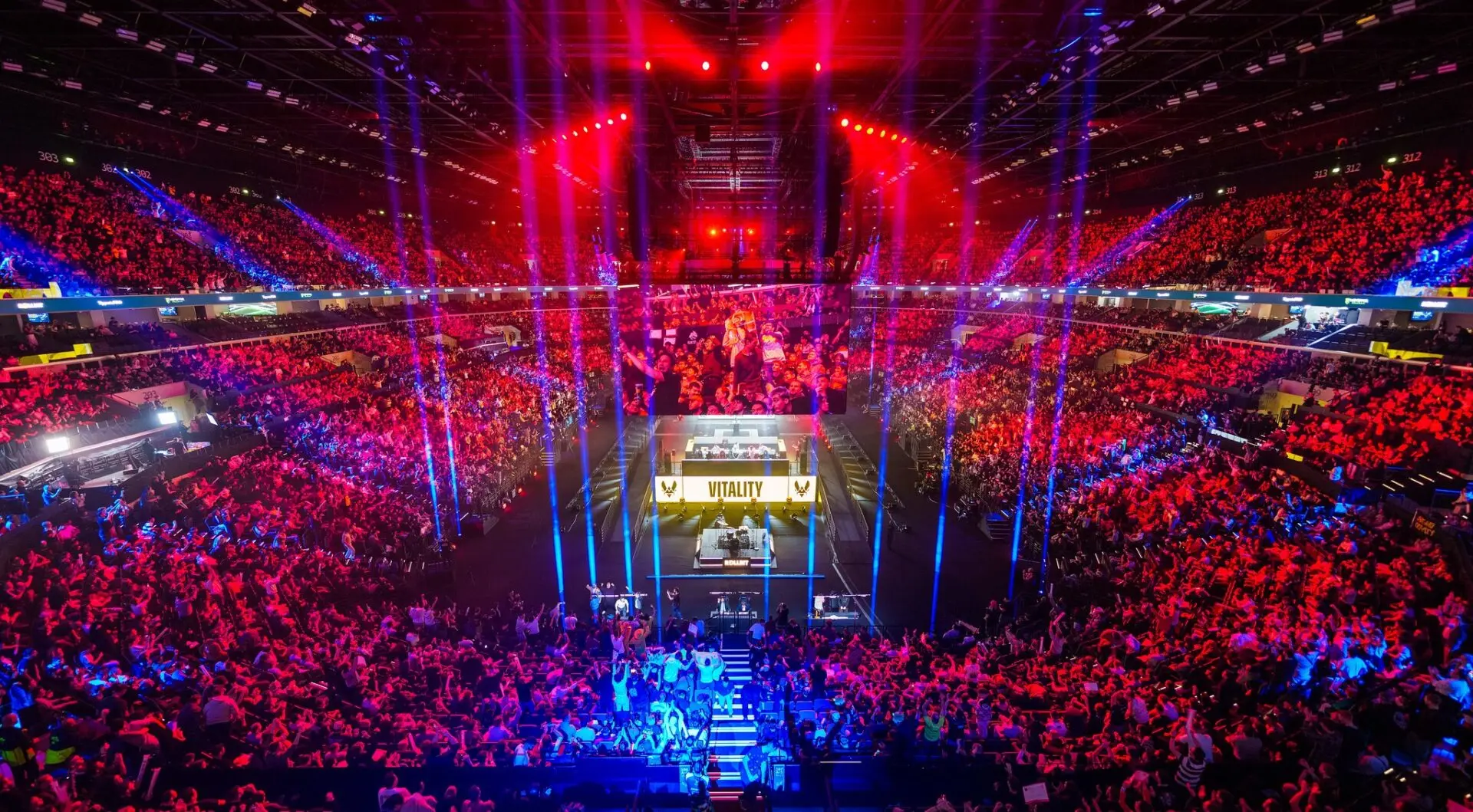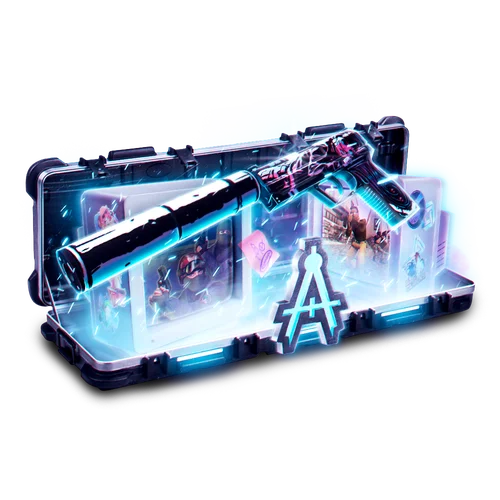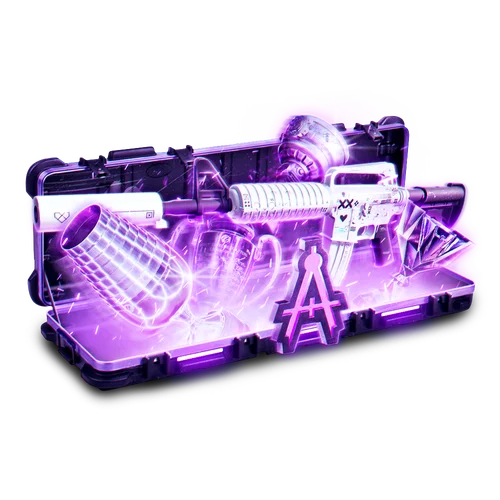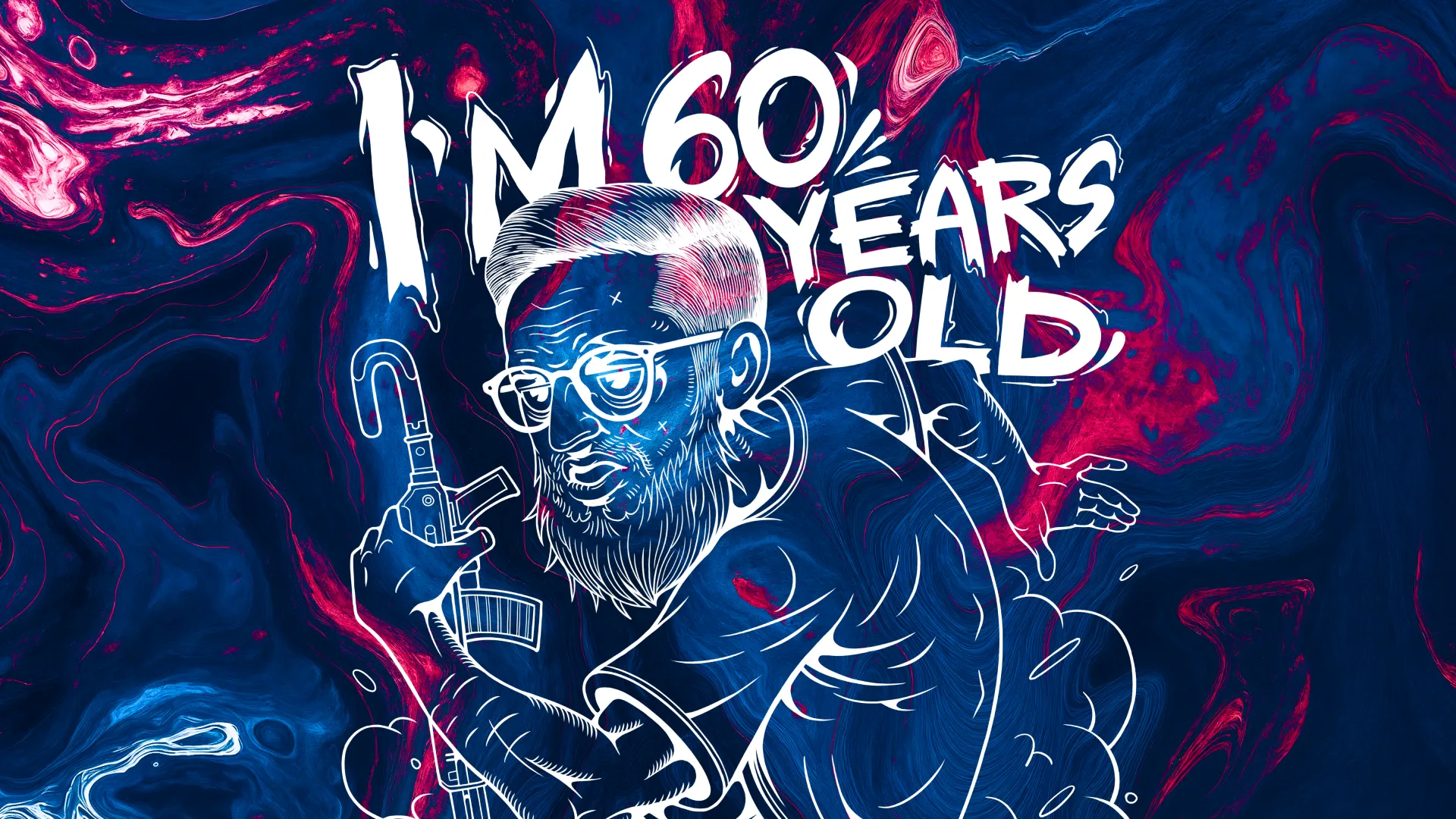The Counter-Strike 2 competitive scene was rocked this month after ESL announced sweeping changes to its tournament regulations. Aimed at IEM Chengdu, the new rules imposed strict deadlines and severe penalties for teams that considered withdrawing, igniting criticism from players, fans, and analysts alike.
Controversial changes from ESL
In early September, ESL updated the regulations for participants of IEM Chengdu. The organizer gave all teams 48 hours to voluntarily withdraw from the event. If a team decided to pull out after that date — September 8 — they faced severe sanctions. The most controversial clause was the automatic disqualification from the next major event in the series, IEM Krakow 2026.
In addition, ESL introduced a whole list of penalties:
- reimbursement of expenses for a replacement team (flights, accommodation, logistics);
- forfeiture of prize money earned at the tournament;
- annulment of results and technical losses in case no replacement could be found.
According to ESL, such measures were meant to discipline participants and protect organizers from unexpected withdrawals. However, the community quickly raised concerns about excessive control and attempts to dictate the rules of the game, which were not aligned with Valve’s global principles.
This was also updated pic.twitter.com/UVtuutQ4YC
— Ozzny (@Ozzny_CS2) September 5, 2025
Valve’s intervention
The CS2 developers did not stay silent. The very next night, Valve updated the official tournament rule repository, effectively blocking ESL’s initiatives.
The key changes were:
- organizers can no longer disqualify teams at their own discretion;
- rules must be transparent, based solely on specific objective criteria, and applied equally to everyone;
- sanctions cannot depend on “circumstances surrounding the tournament” or the preferences of a particular operator.
In this way, Valve sent a clear signal: no arbitrary actions from organizers will be tolerated.
Exception for IEM Chengdu
Despite this firm stance, Valve made a small exception. Specifically for IEM Chengdu, the company allowed disqualification rules to be updated even after the deadline for submitting additional information. This move was explained by the fact that the event is already approaching, and flexibility may be required in case of unforeseen situations.
In the future, such exceptions are expected to remain rare precedents rather than becoming the norm.
New transparency requirements
Valve also introduced updated deadlines for organizers to publish additional information:
- 2 weeks before the start of open qualifiers;
- 10 months before the main event for Tier 1 and Tier 1 Wildcard tournaments;
- 2 months before the main event for Tier 2 tournaments with invites;
- 2 weeks before the main event for Tier 2 tournaments without invites.
These changes are intended to prevent situations where teams receive key information too late and become hostages of newly introduced rules.
Implications for the CS2 scene
Valve’s intervention shows that the company seeks to maintain control over the entire CS2 ecosystem following the abolition of partner leagues. ESL, which for years has been the leading tournament operator, is now forced to comply with the developer’s regulations and can no longer unilaterally determine the fate of teams.
For the teams, these changes serve as an important guarantee: their participation in tournaments will no longer depend on the mood or interests of the organizer. On the other hand, it reduces the flexibility of operators, who will now have to act strictly within the framework of Valve’s rules. IEM Chengdu will be the first event to test the new regulations, while the true test of balance between Valve and ESL will come at IEM Krakow 2026. Only then will it become clear how radically the power dynamics in professional CS2 have shifted.




































